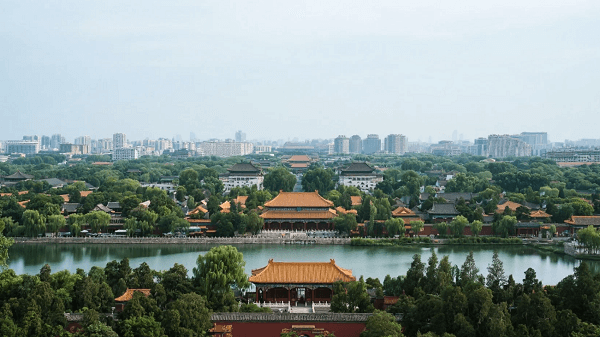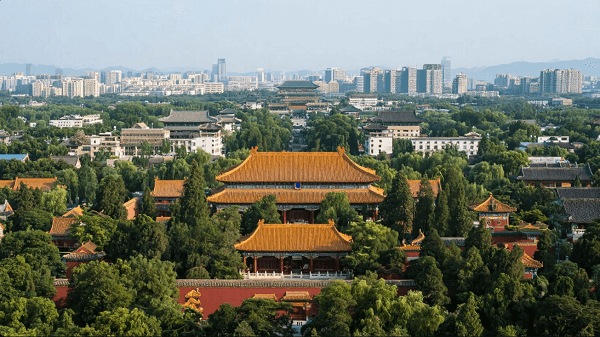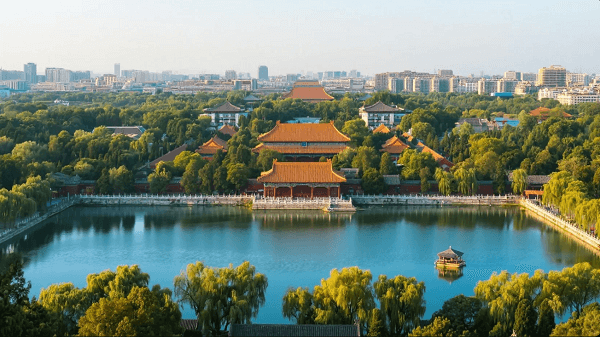What to know before traveling to China? Planning a trip to 中国旅行? To make your journey smooth and enjoyable, essential preparations are needed. From visa rules and connectivity to cultural etiquette and safety, this guide covers the most important considerations. By understanding these key aspects, your China travel experience will be richer, safer, and more respectful of local customs.
Why Prepare Thoroughly for China Travel?
China presents a unique travel environment where digital, cultural, and regulatory systems differ from many Western countries. Understanding these differences helps visitors avoid surprises and fully enjoy the trip.

ビザと入国要件
Before any China travel, a valid visa is mandatory for most nationalities. Tourist, business, and transit visas exist, each with specific durations and conditions. Applications are made online or at consulates, and proof of accommodation, flight booking, and an invitation letter may be required. Recently, health checks or COVID screening protocols have been reintroduced—so verify current requirements before departure.
Connectivity & Digital Tools
During China travel, internet access is filtered by the Great Firewall, which blocks Google, Facebook, WhatsApp, and some Western news sites. To stay connected, travelers are advised to:
Use a local SIM or eSIM
Download Chinese apps (WeChat, Didi, Alipay)
Optionally install a VPN before arrival
This ensures seamless communication, navigation, and mobile payments throughout the journey.
Transport & Navigation
China has a world‑class domestic travel network:
High-speed rail connects major cities efficiently.
Metro systems are available in many urban hubs; tickets are often bought through QR codes.
Taxis and rideshare apps like Didi require local apps and network access.
Learning basic Chinese phrases like “多少” (how much) and downloading translation apps will enhance convenience.

Accommodation & Local Etiquette
From luxury hotels to homestays, accommodations are varied. Booking platforms often include foreigner-friendly options. During China travel, it’s important to respect local customs:
Greet with a small nod or handshake
Avoid discussing sensitive political topics
Remove shoes when entering homes if invited
Dining customs vary greatly; sharing dishes and using communal chopsticks are common. These show respect and cultural understanding.
Food, Health & Safety
China’s cuisine is diverse, from spicy Sichuan to Cantonese dim sum. To remain healthy during China travel:
Drink bottled or boiled water
Avoid street food from unhygienic stalls
Bring basic medications like antidiarrheals or pain relievers
For medical visits, hospitals in big cities commonly have English‑speaking staff
Always carry travel insurance including medical coverage.
Cultural Awareness & Communication
China travel is enriched by learning local customs:
Public displays of affection are rare
Queueing is expected in high-traffic areas
Social media interactions on WeChat and Douyin include sticker use and QR sharing
Learning a few Mandarin phrases can open doors and show gratitude.

Money & Expenses
The currency in use is the Renminbi (RMB). Tips for managing money during China travel include:
Withdraw cash at ATMs or banks
Use mobile payments (Alipay, WeChat Pay) at most retail locations
Understand tipping is not standard (except in upscale tourist settings)
Budget per region—Tier 1 cities cost more than rural areas
Respecting Local Laws & Customs
While generally safe, certain laws differ from Western norms:
Drug laws are strictly enforced
Protests and unsanctioned gatherings may lead to trouble
Avoid photographing sensitive locations (military, government buildings)
Following local rules ensures a respectful and trouble‑free visit.
Carry digital and physical copies of visa, passport, and tickets
Learn essential Mandarin phone numbers (“110” for police, “120” for ambulance)
Keep emergency contacts listed in both Chinese and English




